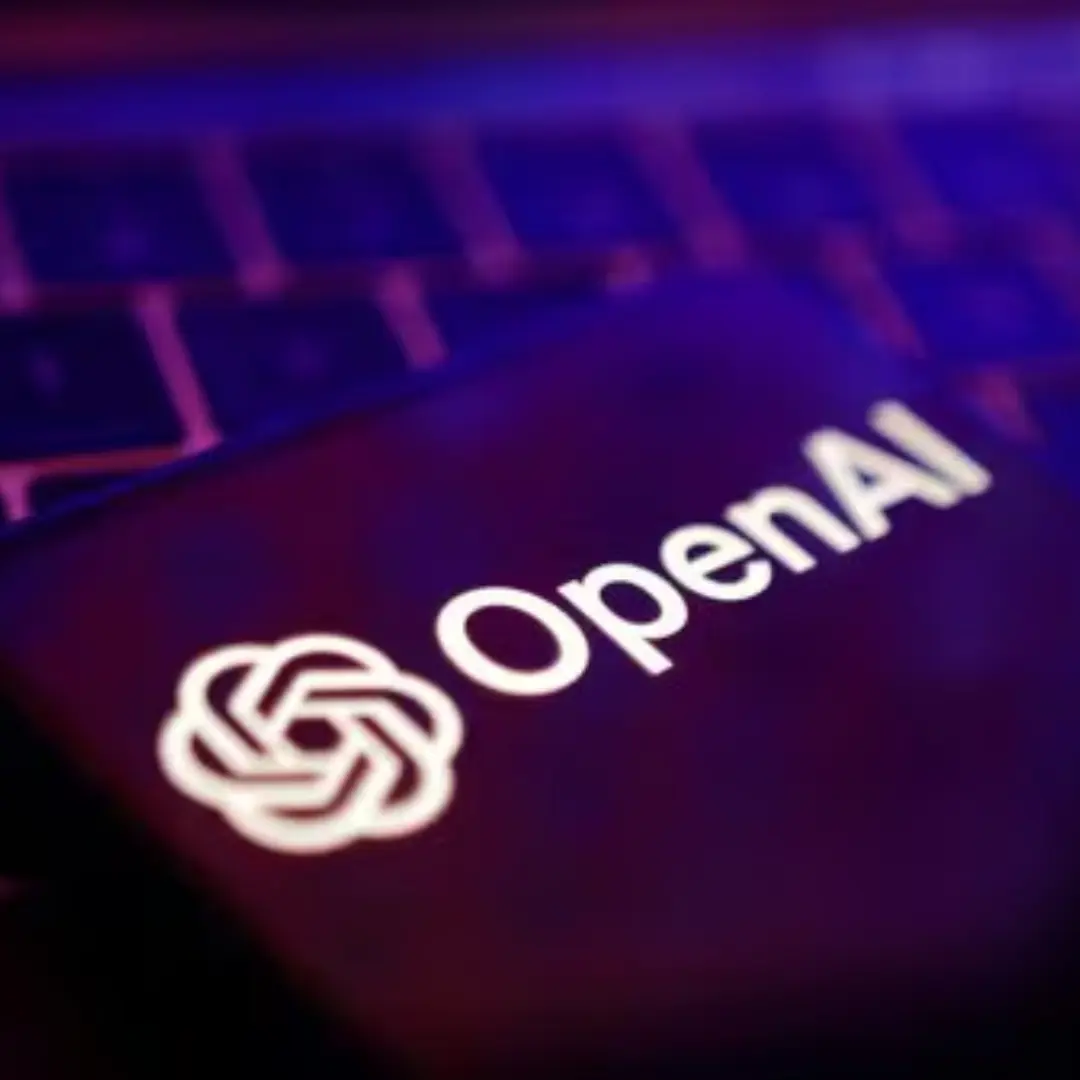OpenAI has decided to postpone the launch of its voice assistant, a decision driven by a commitment to address critical safety concerns and ensure responsible deployment of the technology. This delay reflects OpenAI’s dedication to maintaining high standards of ethical and safe AI development amid growing concerns about the potential impacts and implications of advanced AI systems.
The decision to postpone the launch stems from several factors. First and foremost, OpenAI prioritizes the safety and well-being of users and the broader community. Voice assistants powered by AI have the potential to interact with users in sophisticated ways, which necessitates rigorous testing and validation to ensure they operate reliably and safely in various contexts.
Additionally, the postponement allows OpenAI to conduct further research and development aimed at enhancing the voice assistant’s capabilities while mitigating potential risks. This includes refining the AI’s understanding of language nuances, improving its responsiveness to user queries, and bolstering its ability to handle diverse scenarios without unintended consequences.
Furthermore, OpenAI’s decision aligns with industry best practices and regulatory considerations surrounding AI technologies. As governments and regulatory bodies increasingly scrutinize AI deployments for privacy, security, and ethical implications, taking additional time to refine the technology demonstrates a commitment to compliance and responsible innovation.
OpenAI remains committed to transparency throughout this process. By postponing the launch, the organization communicates its willingness to openly address any concerns raised by stakeholders, including researchers, policymakers, and the public. This approach fosters trust and accountability, crucial elements in the responsible development and deployment of AI technologies.
Looking ahead, OpenAI intends to use the delay productively to engage with experts, conduct thorough testing, and implement necessary improvements to ensure the voice assistant meets the highest standards of safety, reliability, and ethical conduct. This iterative process reflects OpenAI’s proactive stance in shaping the future of AI in a manner that benefits society while mitigating potential risks.
In summary, OpenAI’s decision to postpone the voice assistant launch underscores its commitment to responsible AI development. By addressing safety concerns and refining the technology, OpenAI aims to deliver a voice assistant that not only meets user expectations but also upholds ethical standards and contributes positively to the broader AI ecosystem.









